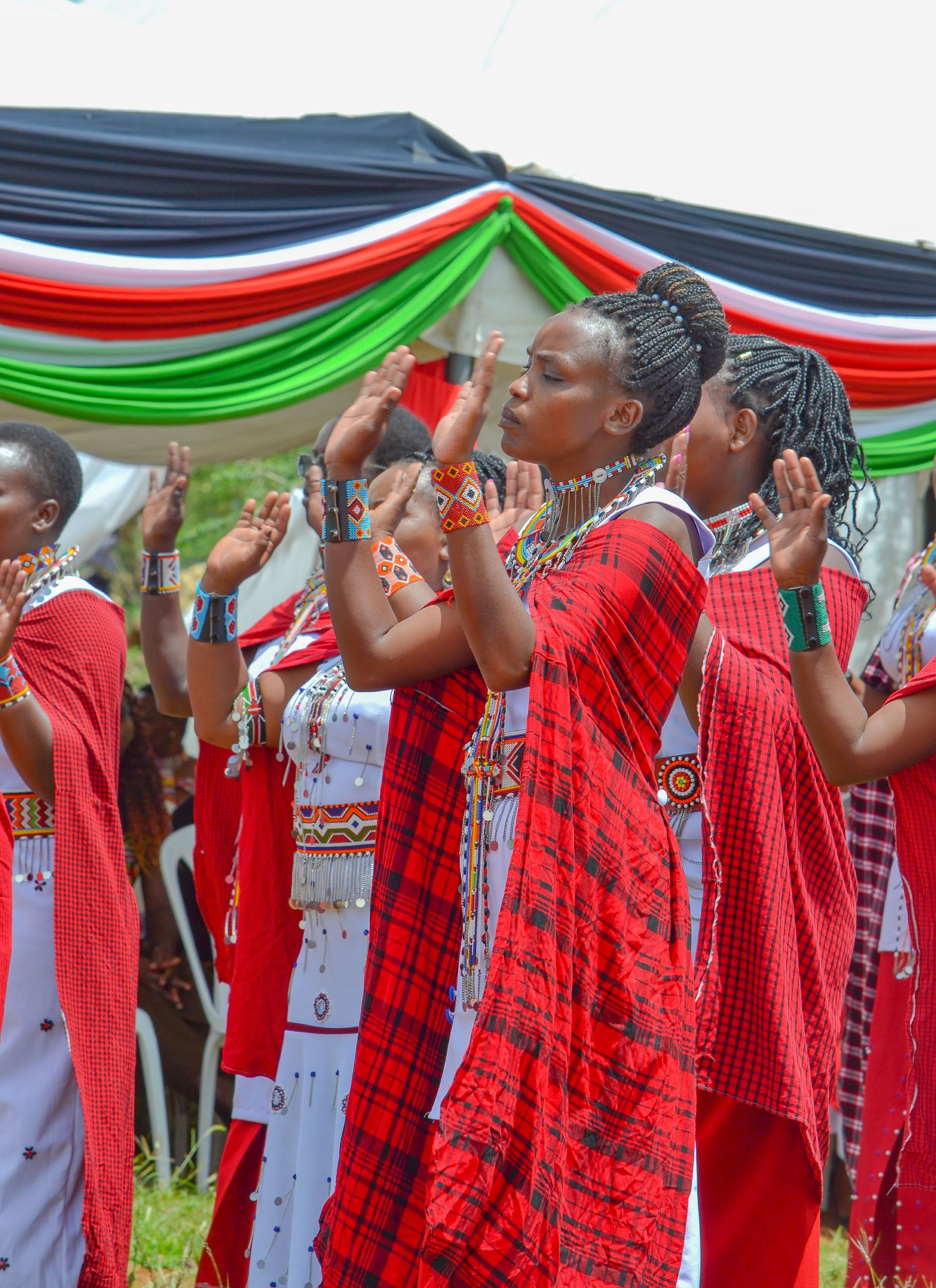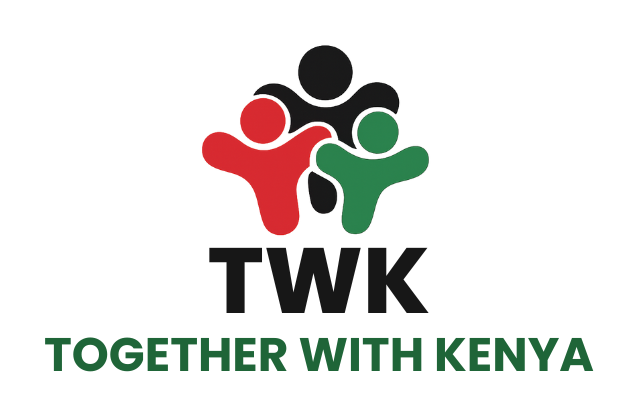About Kenya
The Massai
The Maasai people are a vibrant and resilient community with a rich history deeply rooted in the vast open plains of southern Kenya. For generations, they have lived as semi-nomadic pastoralists, with their way of life, values, traditions, and rhythms intricately tied to their livestock and the land.
Their culture places great emphasis on strong community bonds, deep respect for elders, and a profound connection to nature. Qualities such as courage, self-reliance, and spiritual depth are central to their daily lives. Traditionally, formal education wasn’t part of Maasai life. Instead, knowledge was passed down through storytelling, observation, and shared experience.
At Together with Kenya, we hold this heritage in the highest regard. Our work in education isn’t about changing who the Maasai are. It’s about empowering young people and their communities to build on this strong foundation. We aim to provide the essential tools and skills to meet today’s challenges, seize new opportunities, and shape an even brighter future, all while honouring and preserving their unique identity and traditions.

Education System in Kenya
For 32 years, Kenya followed the 8-4-4 education system. This structure included eight years of primary education, four years of secondary education, and an optional four years of university. The curriculum was largely knowledge-based, relying heavily on rote learning, with progress measured almost entirely by exam results. Learners had little active participation in their education, and there was little connection between school learning and preparation for life or work.
In 2017, the Competency-Based Curriculum (CBC) was introduced to shift the focus from knowledge-based learning to a more skills-oriented approach. The new structure is 2-6-3-3-3, covering early years, lower primary, middle school, upper primary, junior secondary, senior secondary, and either university or technical education. This new system has been gradually phased in over the past seven years.
However, several ongoing challenges remain:
- A lack of appropriate teaching and learning resources
- Limited teacher engagement and training
- A general lack of understanding of the CBC rationale among stakeholders (including parents, pupils, and partners)
- The need for schools to shift from a subject-focused to a child-centred approach
- The introduction of new assessment practices
The CBC outlines seven core competencies that every learner in basic education is expected to develop (click to view 7 core competencies). These competencies represent essential skills for learning, life, and work. The CBC aims to encourage more holistic learning and to reduce the pressure associated with national examinations, which have traditionally created unhealthy levels of competition among stakeholders (Amutabi, 2019).
Help us make a lasting impact
Your donation directly supports education, clean water, and opportunity for communities in Southern Kenya. Every contribution makes a difference.


